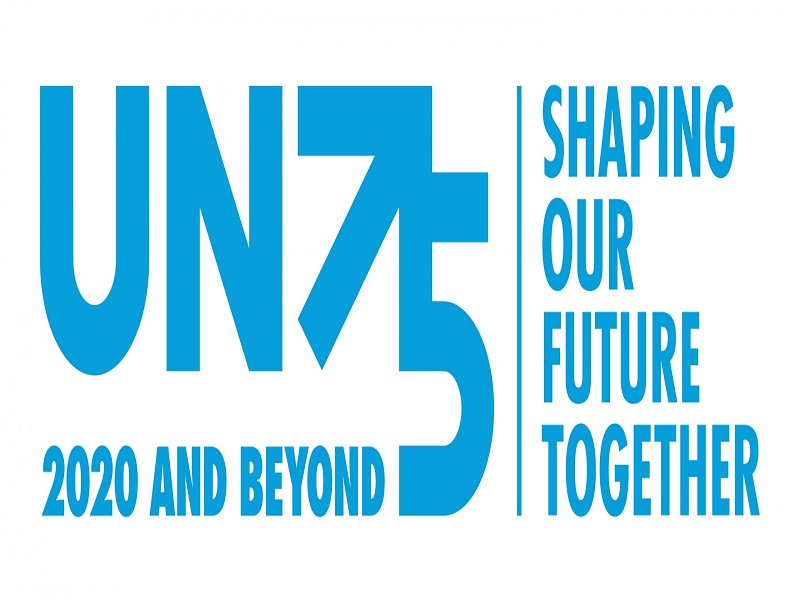Category: Reports Organizations: UN Tags:
In January 2020, Secretary-General António Guterres launched the yearlong UN75 initiative as an opportunity for the United Nations to listen to the people it serves. Through surveys and dialogues, more than 1.5 million people from all 193 United Nations Member States shared their hopes and fears for the future, and discussed how all actors, including the UN, can work together better to address the global challenges we face.
Key findings of the final report include:
- As COVID-19 reversed progress in human development and widened inequalities, respondents’ number one priority in the short-term is better access to basic services such as healthcare, education and water and sanitation. Many respondents, especially in low- and middle-income countries, prioritised support for the most affected people and communities. In countries with very high human development, fewer respondents viewed this as high as a priority. In the long-term, climate and environmental issues are seen as the top threat. Latin America and the Caribbean recorded the highest percentage of respondents selecting that answer – 73%. The lowest percentage was in Sub-Saharan Africa (37%).
- Other priorities vary according to income levels, but include rising concern about employment opportunities, human rights and conflict. In Northern Africa and Western Asia, for example, more respect for human rights is the highest priority. Globally, it is in the top three.
- Despite these concerns, 49% of global respondents believe people will be better off in 2045, compared with 32% who think people will be worse off. Respondents living in lower human development countries, and those living in conflict situations, are far more optimistic about the future than those living in higher human development countries and in countries not experiencing conflict.97% of respondents believe that international cooperation is important for addressing global challenges. The degree of importance of international cooperation varies across regions, with Northern America recording the highest percentage of respondents who view it favourably.
- Many respondents look to the UN to lead in international cooperation to address immediate and longer-term global challenges, with calls for the Organization to innovate – to be more inclusive, engaged, accountable and effective.




